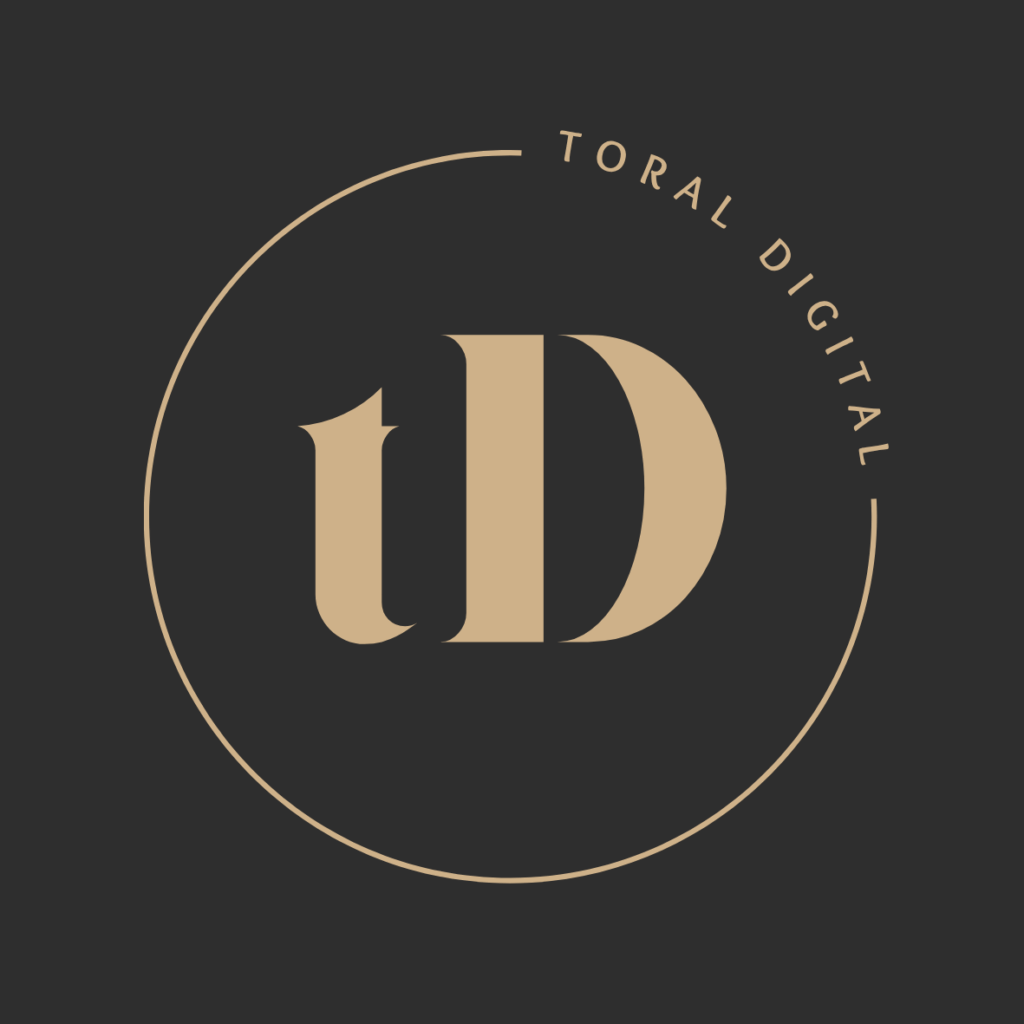In today’s hyperconnected world, where smartphones dominate our daily lives and information travels at the speed of light, digital marketing has emerged as the cornerstone of modern business growth. Whether you’re running a small bakery in a local neighborhood or managing a multinational enterprise, your online presence and strategy determine how well your brand performs in a competitive marketplace.
What Is Digital Marketing?
Digital marketing encompasses all marketing efforts that use the internet or electronic devices. It includes channels such as social media, search engines, email, websites, and online advertising to connect with current and potential customers. Unlike traditional marketing, which often relies on static forms like print ads or billboards, digital marketing is dynamic, measurable, and highly targeted.
Why Digital Marketing Matters More Than Ever
As of 2025, there are over 5 billion internet users worldwide, and the number continues to grow. Consumers now spend a significant portion of their time online, researching products, comparing brands, and making purchases. Businesses that do not have a digital presence risk falling behind.
Here’s why digital marketing is essential for future business growth:
1. Wider Reach and Accessibility
Digital marketing breaks geographical barriers. A small brand from a remote town can reach customers across the globe with the right strategy. With tools like social media marketing and search engine optimization (SEO), businesses can target audiences far beyond their physical locations.
2. Cost-Effective and Measurable
Traditional advertising, such as TV or print, is expensive and difficult to measure. In contrast, digital marketing offers affordable options with detailed analytics. With platforms like Google Ads and Facebook Ads, you can track clicks, impressions, conversion rates, and ROI in real time.
3. Personalization and Customer Engagement
Personalized marketing is no longer optional; it’s expected. Digital tools enable businesses to tailor messages based on customer behavior, preferences, and demographics. Email campaigns, chatbot interactions, and retargeting ads create a more personalized experience, enhancing customer loyalty.
4. Data-Driven Decisions
One of the most powerful advantages of digital marketing is data. Every click, search, and scroll provides insights into consumer behavior. Businesses can analyze this data to refine their strategies, identify trends, and predict customer needs—leading to more informed decision-making.
Key Components of a Digital Marketing Strategy
To harness the true potential of digital marketing, businesses need a well-rounded strategy that includes:
- Search Engine Optimization (SEO): Enhancing website visibility on search engines like Google.
- Content Marketing: Creating valuable, relevant content to attract and engage your audience.
- Social Media Marketing: Promoting your brand on platforms like Instagram, Facebook, LinkedIn, and Twitter.
- Email Marketing: Building customer relationships through personalized email campaigns.
- Pay-Per-Click (PPC) Advertising: Running targeted ads to drive traffic and conversions.
- Analytics and Reporting: Monitoring performance and refining strategies for better outcomes.
The Role of AI and Automation
Artificial intelligence (AI) is revolutionizing digital marketing. From chatbots that offer instant customer service to AI-powered tools that analyze consumer behavior, businesses can now automate tasks, reduce costs, and provide better user experiences. Automation also improves efficiency in email marketing, ad targeting, and social media scheduling.
The Future Is Digital
As technology evolves, so will digital marketing. Voice search, augmented reality, influencer marketing, and immersive experiences are shaping the next wave of trends. Businesses that embrace innovation and stay agile will not only survive but thrive.
In a world where attention spans are short and competition is fierce, digital marketing isn’t just an option—it’s a necessity. It levels the playing field, allowing businesses of all sizes to grow, connect, and compete in the global market.
Conclusion
Digital marketing is no longer the future—it’s the present and the only way forward for sustainable business growth. Brands that adapt, innovate, and consistently engage with their online audience will continue to lead the charge. Whether you’re a startup or an established company, investing in digital marketing today is an investment in your long-term success.
